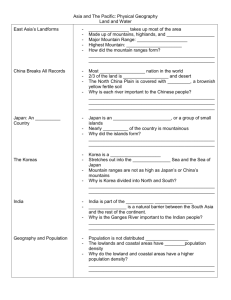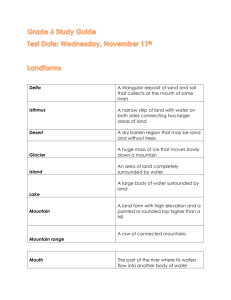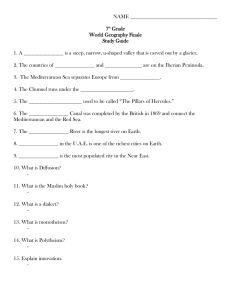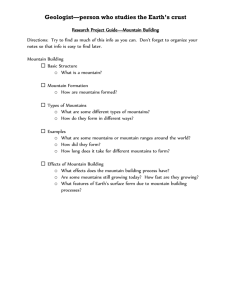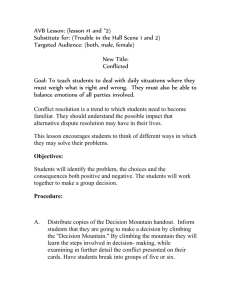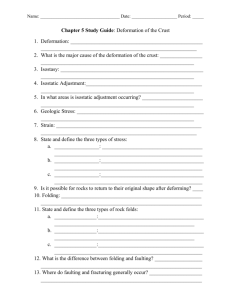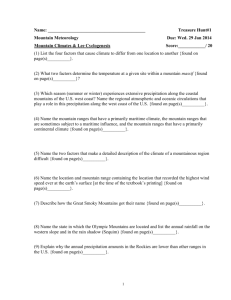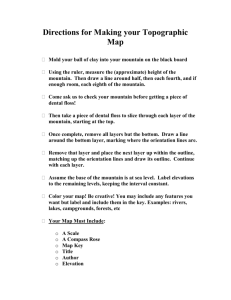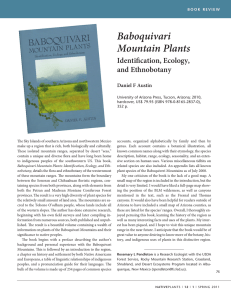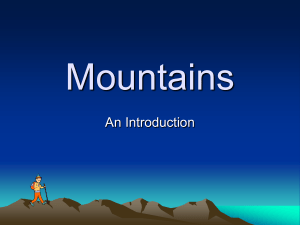Quotes from Tu
advertisement
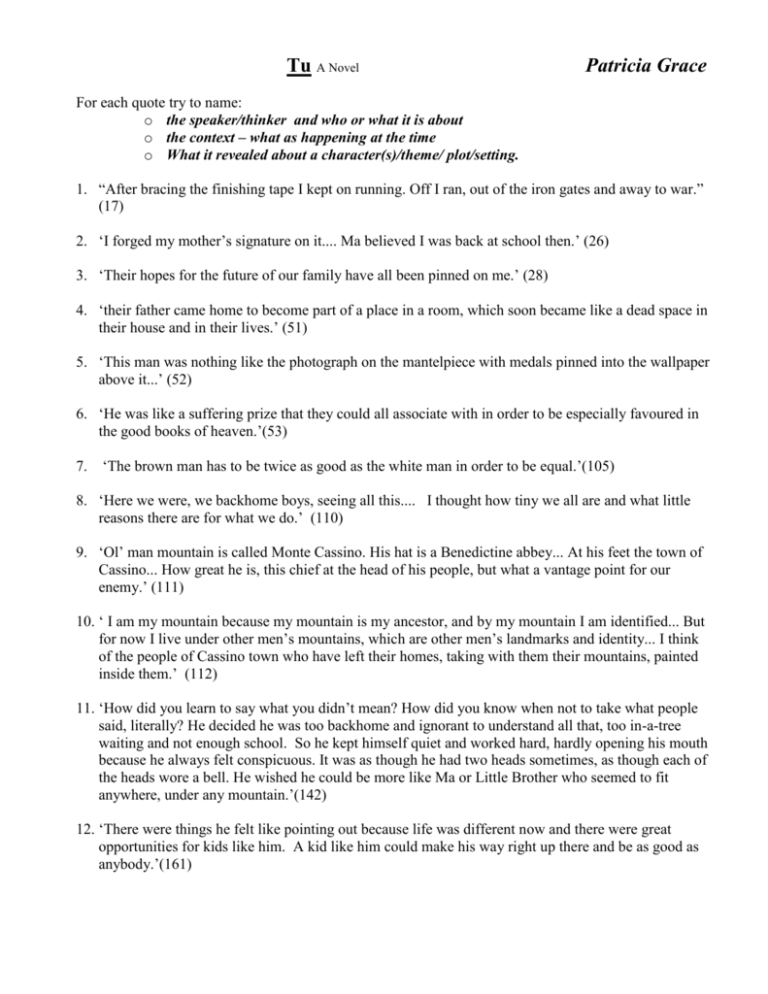
Tu A Novel Patricia Grace For each quote try to name: o the speaker/thinker and who or what it is about o the context – what as happening at the time o What it revealed about a character(s)/theme/ plot/setting. 1. “After bracing the finishing tape I kept on running. Off I ran, out of the iron gates and away to war.” (17) 2. ‘I forged my mother’s signature on it.... Ma believed I was back at school then.’ (26) 3. ‘Their hopes for the future of our family have all been pinned on me.’ (28) 4. ‘their father came home to become part of a place in a room, which soon became like a dead space in their house and in their lives.’ (51) 5. ‘This man was nothing like the photograph on the mantelpiece with medals pinned into the wallpaper above it...’ (52) 6. ‘He was like a suffering prize that they could all associate with in order to be especially favoured in the good books of heaven.’(53) 7. ‘The brown man has to be twice as good as the white man in order to be equal.’(105) 8. ‘Here we were, we backhome boys, seeing all this.... I thought how tiny we all are and what little reasons there are for what we do.’ (110) 9. ‘Ol’ man mountain is called Monte Cassino. His hat is a Benedictine abbey... At his feet the town of Cassino... How great he is, this chief at the head of his people, but what a vantage point for our enemy.’ (111) 10. ‘ I am my mountain because my mountain is my ancestor, and by my mountain I am identified... But for now I live under other men’s mountains, which are other men’s landmarks and identity... I think of the people of Cassino town who have left their homes, taking with them their mountains, painted inside them.’ (112) 11. ‘How did you learn to say what you didn’t mean? How did you know when not to take what people said, literally? He decided he was too backhome and ignorant to understand all that, too in-a-tree waiting and not enough school. So he kept himself quiet and worked hard, hardly opening his mouth because he always felt conspicuous. It was as though he had two heads sometimes, as though each of the heads wore a bell. He wished he could be more like Ma or Little Brother who seemed to fit anywhere, under any mountain.’(142) 12. ‘There were things he felt like pointing out because life was different now and there were great opportunities for kids like him. A kid like him could make his way right up there and be as good as anybody.’(161) 13. ‘... he began to feel more and more like a showpiece or a clown act. A drawcard.... Who were they now that all their people had gone... Who were they... Who were they. Were they all part of a sideshow now, something to stare at, exclaim over?’ (151-152) 14. ‘There were things he felt like pointing out because life was different now and there were great opportunities for kids like him. A kid like him could make his way right up there and be as good as anybody. 15. ‘Maybe we were just a little glass marble rolled in against a gigantic and immovable steel ball in some grotesque game.’ 16. ‘After all, we were not now who we were before... Now we were pale ghosts of men whose bones were coming through to live on the outsides of our skins. We were men living in rubbish pile, who crawled on our hands and knees in a succession of nights and days in a world without colour.’ (178) 17. ‘In the absence of hate is it possible to feel some kindness, some warmth, some admiration for one’s adversary? What I know deep down in my heart is that this enemy cannot be scorned.’ (181) 18. ‘They’ll take the envelop into their hands, not knowing which of our names they’ll read once they have opened it.’ (202) 19. ‘So I just want to tell you, Little Brother, Jess was the loveliest girl... If anything could’ve kept me home after furlough it would’ve been her.’ (209) 20. ‘He’s a kind of a lone ghost soldier, disappearing into the dark or into gunsmoke..., often defying command by acting alone.... About camp or on leave he’s not host-like at all, nor is he a lone man. He’s as solid as mountains, without being either cold or distant...’ (225) 21. ‘ ... these wounds were inflicted,... by brothers who decided I was not man enough to withstand the consequences of where I had placed myself – brothers who had made themselves my keepers.’ (236) 22. ‘Here I am living the life of an old man... The difference is that I’m thirty-eight – not seventy-eight...’ (276) 23. ‘ I want you to know how futile I think it was. There they were, all playing marbles. We were their little glassies, stinkines, steelies, botlies and bully-taw... We the little popgun soldiers out on our arses, were reconciled to blaming fates and misfortune on so much death and destruction, but the laugh was on us, truly.’ (279) 24. ‘There was a sense that if the Battalion didn’t do well our people would die, would be shamed to death and not be worthy of a good life... We would be doomed, scrapwood, unable to be citizens in our own land.’ 25. ‘We have taken full part in war but haven’t yet been able to take full part in peace.’
